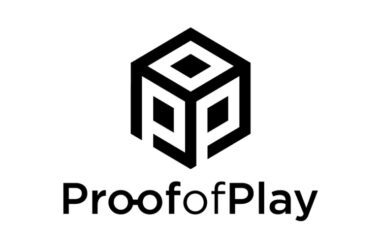Quick take:
- Blockchain security and infrastructure provider Fireblocks is the latest to enter the foray.
- In May 2023, Ripple acquired crypto custody startup Metaco for $250 million.
- Experts weigh in on why crypto companies are embracing non-custodial wallets and the role of corporate clients.
Blockchain security and infrastructure firm Fireblocks has announced its entry into the non-custodial crypto wallet space with the launch of its non-custodial wallet-as-a-service (WaaS) offering built for brands, corporates, fintechs, and Web3 businesses.
Another major player in the web3 space, Ripple acquired crypto custody services company Metaco for a whopping $250 million in May, while Uniswap has already launched its self-custody wallet for iOS.
The numbers are building up with Giddy, The Open Network (TON), blockchain wallet services provider Tangem, Trust Wallet, MetaMask, Trezo and Electrum all offering non-custodial wallet services to users.
Self-custody wallets give users full control of their crypto assets, enabling them to take full responsibility for managing their funds. This allows them to manage their own private keys, and handle transactions themselves.
Essentially, the burden of managing user funds shifts from Web3 organisations to individuals and corporate clients.
According to Eric Parker, the co-founder and CEO of Giddy, a self-custody, recoverable smart wallet that allows users to gain access to passive income opportunities, there are several reasons why non-custodial wallets are becoming more popular in the crypto space.
First, he attributes the shift to the fact that the crypto community is becoming more savvy, and wants to actually own their assets. He also thinks companies are able to offer a variety of crypto services if they are not custodying customer funds, while the regulatory frameworks also favour non-custodial wallets.
“Non-custodial wallets make the crypto industry more attractive to corporations due in part to the regulatory hurdles imposed when an organization is responsible for custodying customer funds. By shifting to an on-chain focus, these organisations can build a solid business while providing a clear path for users to access the benefits of blockchain technology without taking on the liabilities associated with custodying funds,” said Parker.
This explains why Fireblocks’ non-custodial Wallet-as-a-Service solution is targeting fintechs, brands, and Web3 startups. It utilises the MPC-CMP technology that runs in a hardware-based trusted execution environment, thus rendering a true multi-layer security architecture.
The demand for non-custodial wallet services is partly driven by the multiple collapses of come of the crypto industry’s biggest players. FTX is the highlight of them all, with founder and CEO Sam Bankman-Fried facing multiple criminal charges related to the collapse of the crypto exchange.
“Our offering follows our commitment to reduce counterparty risk across the ecosystem, providing a truly non-custodial solution for companies with multi-million dollar brands to protect,” Fireblocks co-founder and CEO Michael Shaulov said in a statement on Monday.
Ripple’s Metaco has already experienced the benefits of offering non-custodial crypto services to corporations, with the company boasting BBVA Switzerland and BBVA NewGen among its corporate clients.
Zodia Custody, by the UK’s Standard Chartered, Germany’s DZ Bank AG, and Paris-based BNP Securities Services are also among mainstream financial institutions leveraging Metaco’s crypto-custody solution.
****
Stay up to date:
Subscribe to our newsletter using this link – we won’t spam!





